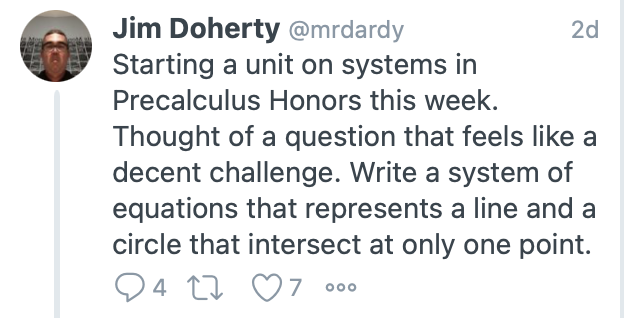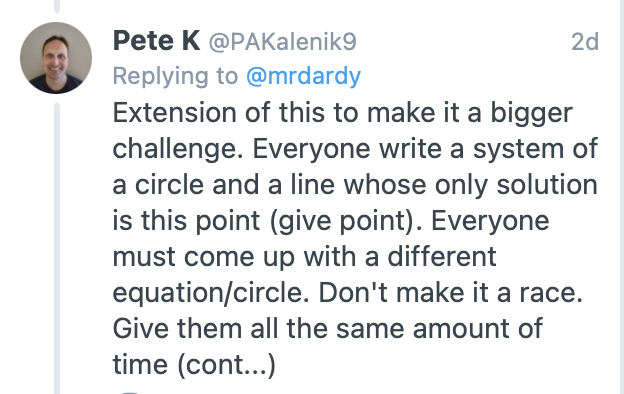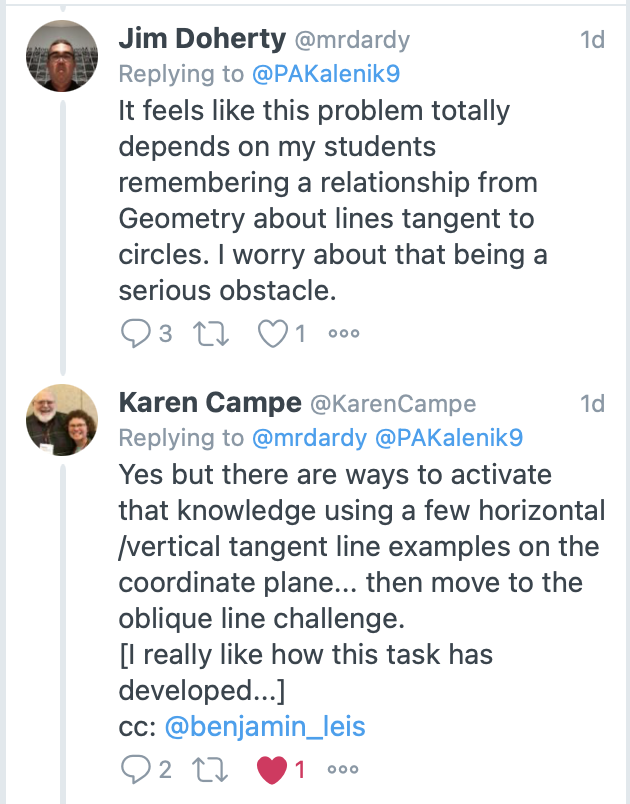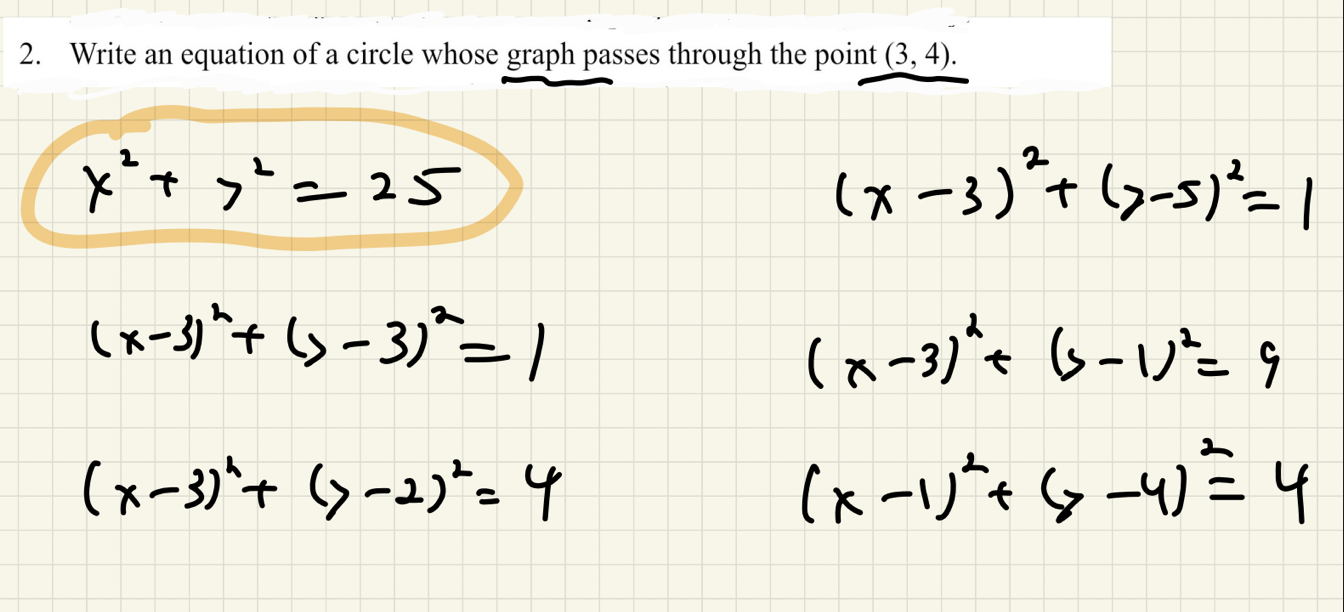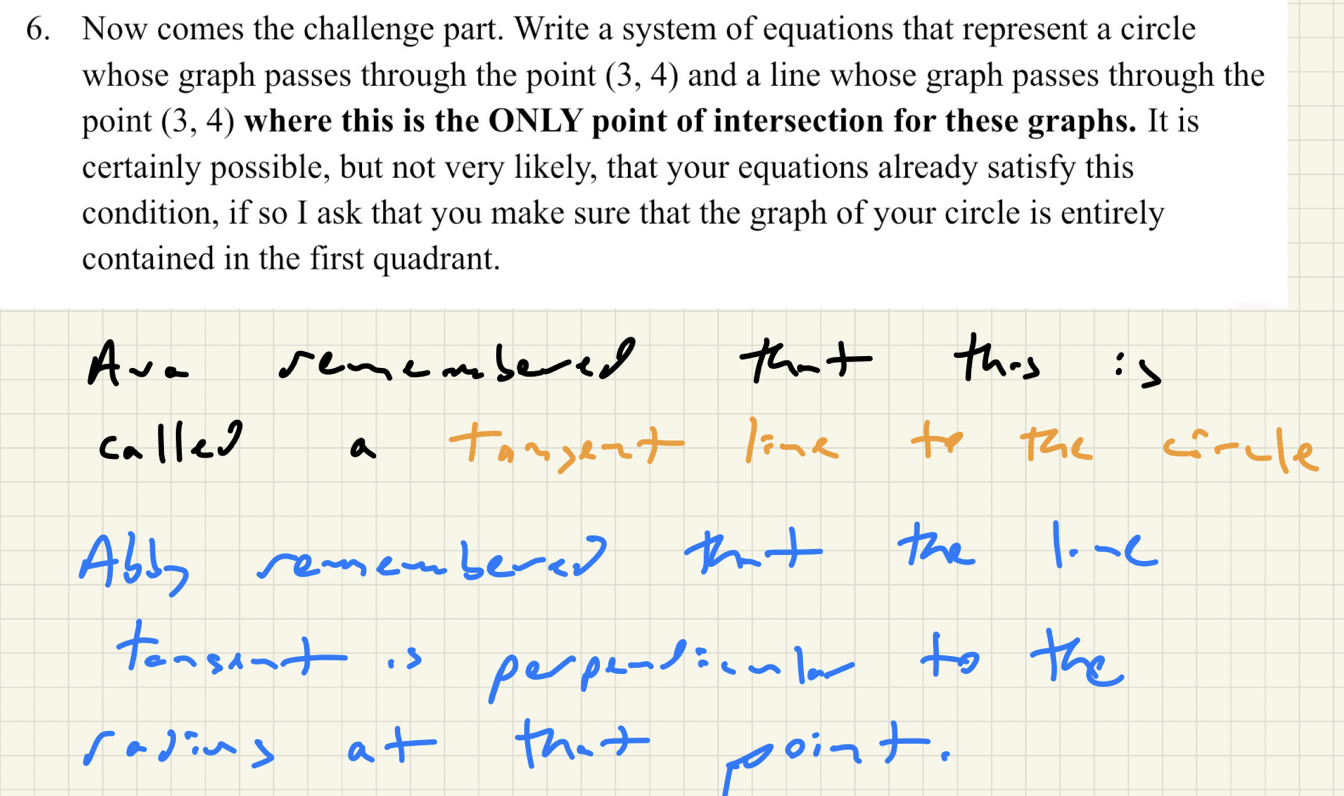This post is going on both of my websites, my math teacher site and my music fan site. Although it is not a piece of writing about math teaching or about being a music fan, my thoughts on what friendship means/looks like have been deeply influenced by my community of math teachers and of music fans/musicians. I am hoping that 2023 will see me writing more and this might be the trigger that starts this up.
I’ve been thinking about friendship for some time. Although it is a thread throughout my life, my current thinking kind of started this summer. This summer my family spent time in Florida where my in-laws host family at a gulf shore condo every July. Two of the four friends I still have from my high school days both live in Florida and they came to spend the day with us at the coast. While we were debating music and movies and sharing anecdotes about the current state of our lives we got into a conversation about the origin story of our friendship one of my friends thought out loud about his wife and how/when they met. He had graduated from UF where we all went to school and we were roommates at the time. He was already committed to head to Orlando to work for Disney, amazingly he STILL works for them, and he mentioned what a small window of time there was where he and his wife could have even met each other much less had time to fall for each other and make the move to Orlando together. That sent me down this long tangled rabbit hole of thoughts and reflections for the past few months as I have tried to sort out what I think/how I feel/how fortunate I have been with regards to friends.
This will be a bit rambly but I need to just get these thoughts out of my head. I have a number of thoughts/experiences/stories I want to share here. I’m not sure how meaningful it will be to anyone else, but this feels like an important exercise for me. [Author’s Note – I have been writing this over a couple of weeks when I have the time and energy to devote to it so some of the time references (like the beginning of the next paragraph) are not accurate anymore]
This past weekend I had an experience that sort of pushed me to the edge of needing to get these thoughts out. A few months ago a college friend reached out to me. He and his wife were hosting some old friends at their place for a weekend. All friends (and their spouses) with roots from University of Florida. My friend Van who reached out to me is the first person I met in my dorm my freshman year. A high school friend of mine was my roommate freshman year and he had moved to UF a couple of days ahead of me. I was lingering at home intimidated to leave and grabbing a few extra days to be around my girlfriend. When I arrived at UF and starting moving in to my room Van stepped out of his room to introduce himself. He started talking to me and noticed the ocean of music I was moving with me. He remembers dropping a cassette case – or maybe it was a box of albums – but in any case he and I hit it off immediately. This weekend talking to him and his wife I remarked how fortunate it was that he was right across the hall. If he lived a few doors down it is likely we would have been friendly dorm hall mates but much less likely that we’d be friends 40 years now after we met. Total chance at play, right? However, I think there is more than that here. I was open to meeting people as I moved in, he was open to reaching out and sharing observations immediately about the music I had. I think about this these days as my son struggles to feel connected to his university. He has not made the kind of friendships there that I did in my dorm. It’s a different time, the dorm physical structures are different (his dorm room door has a spring that automatically closes it while my dorm room door was pretty much open if I was in the building other than when I slept), he is still in touch with high school friends and friends from back home in ways that I was not able to be, and he has a world of entertainment options in his pocket that I could not have dreamed of. I have nothing new or wise to add to the conversation about connectedness among the younger generation but I do know for my son that actually being physically present with people matters. He loves his PS5 and he spends time gaming with folks but he really misses actually being with people and doing things with them. Speaking of video games, he recently asked me if I knew the abbreviation NPC meant. I kind of did after he explained it and I made a comparison to the recent movie Free Guy. He casually remarked that many people at his university are NPCs. This is a funny, but mean, observation and I cannot help but think that if he was a bit more open to his experiences there, if he had met his version of Van on moving day that he would have a different opinion and a totally different feeling about his time there.
I also keep thinking about a conversation I had with my son when he was a freshman in high school. He had some good friends at a local Catholic school and he said that he thought it would be fun to go visit that school on one of their visitation days if it aligned with a day off from our school. I suggested that this would not be such a great plan since visitation days usually imply that you are thinking of attending that school. He said he thought it would be fun because he could finally meet some friends he hadn’t met yet. This phrase really struck me. My first reaction was that it made little to no sense. I later started realizing just how many friends I have that I haven’t met yet. I have two twitter accounts, one for my life as a math teacher (@mrdardy) and the other for my life as a volunteer DJ (@DJCalc) at the college where my wide is employed. In both of those worlds I have a wide network of people who I would likely refer to as friends even though I have never been in the same place as them. Friends who listen to my radio show from all around the country, friends who have shared lesson plan ideas or given me inspiration for classroom practices, friends who have shared their music with me, the list goes on. Heck, I even co-host a podcast ( https://www.buzzsprout.com/1460920 ) with three friends none of whom have ever been in the same place as one another. We have been doing this for over two years now and I no doubt consider them friends. We have never met in person.
In 2007 I moved from Florida to New Jersey. Shortly after arriving in New Jersey I joined an education message board and dove into some conversations over there. I received a direct message soon after that from a friend named Steve who had started teaching at the same time at the same school as I had in Gainesville, FL. We worked together for a number of years there before he moved on and I had totally lost track of him. This was in the mid 1990s when it wasn’t quite as easy as it is now to track folks. Anyways, he recognized my name on the message board and seemed sure it was me but he reached out to confirm. That was 15 years ago and we still keep in touch regularly. He now lives near Boston and I am in NE PA but we see each other a couple of times a year and speak on the phone a few times a year as well. Again, like my experience with Van AND like my high school buddy and his wife, a remarkable coincidence. He happened to be frequenting the same message board and happened to notice my name. If he had not visited that board that week my message would have been buried and we never would have reconnected.
When I started teaching way back in 1987 I was told that I needed to meet a young history teacher who had just started at that school a year or two before I did, his name is Chris. A friend who hung out at the record shop where I was working knew him. During the first week of school he was not there, he had injured his knee recently, but I made a point of getting to know him as soon as I could. He invited me to a party at his house, this was mid-September and the baseball season was winding down. I had made some plans to watch my beloved Mets play that night at a local dive bar but I felt it was important to make this connection. I went to the party wearing a Mets cap and someone named Doug eventually came over to introduce himself. We started chatting and he invited me over to his house, he lived right next door, to watch the game rather than stay in the backyard mingling. He is still one of my dearest friends 35 years later. If I had not chosen to wear my Mets cap that night there is a very good chance we never would have spoken that night.
Another story about Steve. At one point he was working on the west coast of Florida. I received a phone call from him one Friday night. A hurricane was coming through the Gulf of Mexico and he was fleeing his home on the coast and heading back into the state toward Gainesville. He called ahead to a number of hotels and found that there were no rooms available that he could find. He knew I still kept in touch with a number of friends from my days there, I lived in Gainesville from 1977 – 1979 and from 1982 – 2001, so he called me seeking help. Steve asked if I knew anyone that might be able to put him up. I called my friend Bill who immediately offered up a bed for however long Steve might need it. Bill had never met Steve, but he is such a good friend, and a good person in general, that he immediately treated my request for helping Steve as if it were a request for help for myself. I feel SO fortunate to have friends like this and to have been able to help out Steve in such a time of need.
Today I am at a math competition with some of my students. In the faculty room are people who I only see two or three times a year and only at math competitions. We have some natural common interest in kids, in math, in teaching but we are not a part of each other’s lives other than on these days. Some of them just go their own way or grade papers today but there are a few of them who are happy to see me and I them. We talk math, we try to solve some of the problems together, we share stories of how school life is going and it all flows very naturally as if it were just last week that we saw each other.
All of these little vignettes are simply a way for me to remind myself how incredibly fortunate I feel to have so many relationships in my life that matter. Relationships that genuinely improve my quality of life. I have friends who have been important to me for 40 something years and I have friends who I dearly love who have only been in my life for three or four years. I have lived in four cities in my adult life and I have valuable friends from each of those places. I have taught in four schools and still have contact with friends who were colleagues from each of those schools. I guess all of this is just to say that I feel kind of blessed and with Thanksgiving still visible in the rear view mirror, I want to take this space to say thank you to all of these friends in all of these settings that have made my life as rich as it is.


